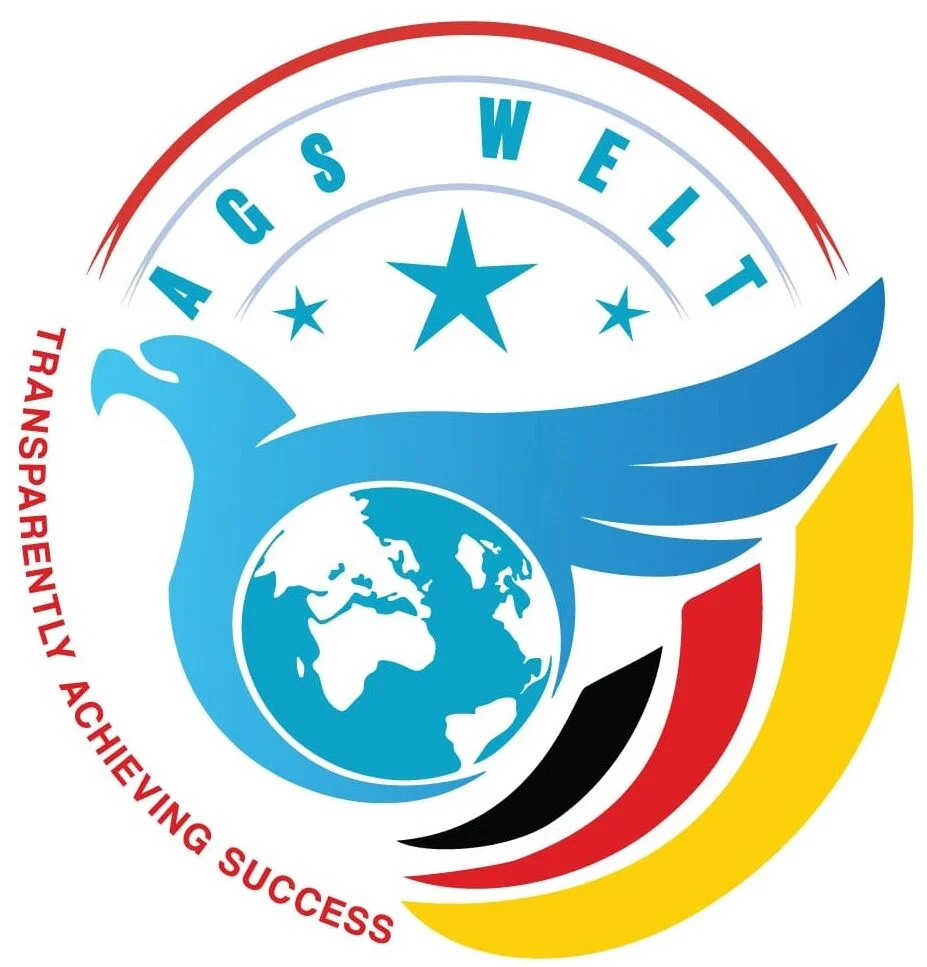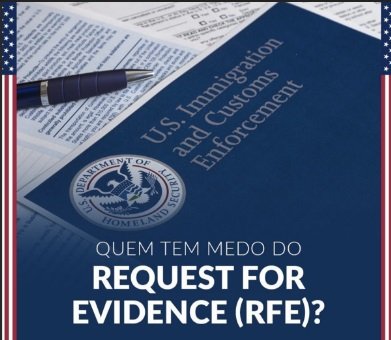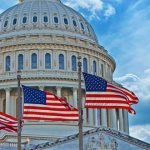Introduction
The EB-2 National Interest Waiver (NIW) has become an attractive option for foreign nationals seeking permanent residency in the United States, especially for those possessing exceptional abilities or advanced degrees. Unlike the regular EB-2 category, the NIW waives the requirement for employer sponsorship and labor certification, making it an appealing pathway to U.S. green cards. However, navigating the complex application process can be daunting, and the success rates of EB-2 NIW petitions can fluctuate. In this article, we explore the intricacies of the EB-2 NIW success ratio, delve into common Request for Evidence (RFE) reasons, and identify key factors contributing to petition denials.
EB-2 NIW Success Ratio
The success ratio of EB-2 NIW petitions can vary due to several factors, including changes in immigration policies, economic conditions, and the evolving landscape of USCIS adjudication practices. As of the latest available data (up to September 2021), the overall success rate for EB-2 NIW petitions was approximately 80%. However, it is vital to recognize that success rates may differ based on an applicant’s field of expertise, the strength of their case, and the quality of evidence presented.
Factors Influencing EB-2 NIW Success
1. Strong Qualifications: The foundation of a successful EB-2 NIW petition lies in the applicant’s exceptional qualifications. USCIS scrutinizes educational background, work experience, publications, awards, and professional achievements to assess an applicant’s eligibility. A robust record of accomplishments in their field increases the likelihood of approval.
2. Impact on National Interest: One of the core requirements of the EB-2 NIW is the ability to demonstrate how the applicant’s work or research significantly benefits the United States as a whole. Successful petitions must compellingly articulate the national interest aspects of their endeavors.
3. Demonstrating Exceptionality: The “exceptional ability” aspect of the EB-2 NIW necessitates showcasing unique skills and expertise not commonly available in the U.S. job market. Applicants must prove that they possess a level of expertise that surpasses the ordinary.
Common Request for Evidence (RFE) Reasons
1. Insufficient Evidence of National Interest: A common RFE pertains to the applicant’s ability to demonstrate the national interest aspects of their work. USCIS may seek additional evidence showcasing the direct and substantial impact of the applicant’s endeavors on the nation.
2. Lack of Qualifications: RFEs may challenge an applicant’s qualifications, particularly if they fail to provide comprehensive documentation of their exceptional abilities or advanced degrees.
3. Vague or Incomplete Petitions: USCIS may issue RFEs when the submitted petition lacks clarity or contains missing essential evidence. Incomplete documentation can lead to delays and potential denials.
4. Limited Expert Opinion Letters: Expert opinion letters from reputable sources are a critical component in supporting an EB-2 NIW petition. Inadequate or ambiguous letters may lead to an RFE or a denial.
Common Denial Reasons
1. Failure to Establish National Interest: If an applicant cannot convincingly demonstrate how their work serves the national interest, USCIS may deny the EB-2 NIW petition. Insufficient evidence or a lack of a substantial impact may be the cause.
2. Lack of Significance: Petitions may be denied if the applicant’s work is deemed not to be of significant national importance or impact. Failure to establish the exceptional nature of the applicant’s contributions could lead to a denial.
3. Ineligibility for EB-2 Category: Denials may occur if applicants incorrectly file their petitions under the EB-2 category without meeting the necessary criteria for exceptional ability or advanced degrees.
Conclusion
The EB-2 National Interest Waiver offers a promising opportunity for highly skilled foreign nationals to obtain permanent residency in the United States, based on their exceptional abilities and contributions to the nation’s interests. While the overall success ratio for EB-2 NIW petitions is encouraging, it is imperative for applicants to build a robust case supported by substantial evidence. Understanding common RFE and denial reasons empowers applicants to navigate the process effectively and increase their chances of a favorable outcome. By meticulously preparing a well-documented and compelling petition, qualified individuals can make a significant contribution to the United States and secure their place as valued members of its diverse and talented workforce.
- By
- No Comments




